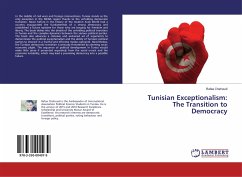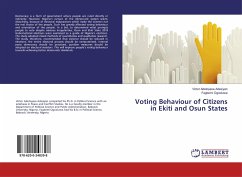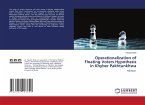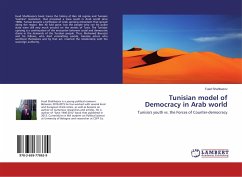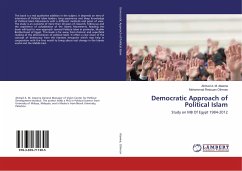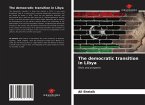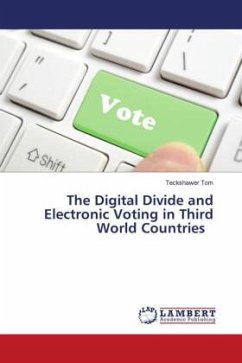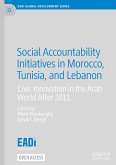In the middle of civil wars and foreign interventions, Tunisia stands as the only exception in the MENA region thanks to the unfolding democratic transition. Never before in the history of the modern Arab World had a country inaugurated the fundamentals of a strong democracy and established a future epitome for those who are longing for freedom and liberty. The book delves into the details of the unfolding political transition in Tunisia and the complex dynamics between the various political parties. The book also advances a cohesive and sustained set of arguments to demontsrate the political exceptionalism and the ability of Tunisian political parties to interact in a fruitful and effective modus operandi. Nevertheless, the Tunisian democratic transition is seriously threatened by alarming socio-economic plight. The sequence of political development in Tunisa would make little sense if presented separately from the social unrest and the economic instability, which may lead a promising democracy into a possible failure.
Bitte wählen Sie Ihr Anliegen aus.
Rechnungen
Retourenschein anfordern
Bestellstatus
Storno

